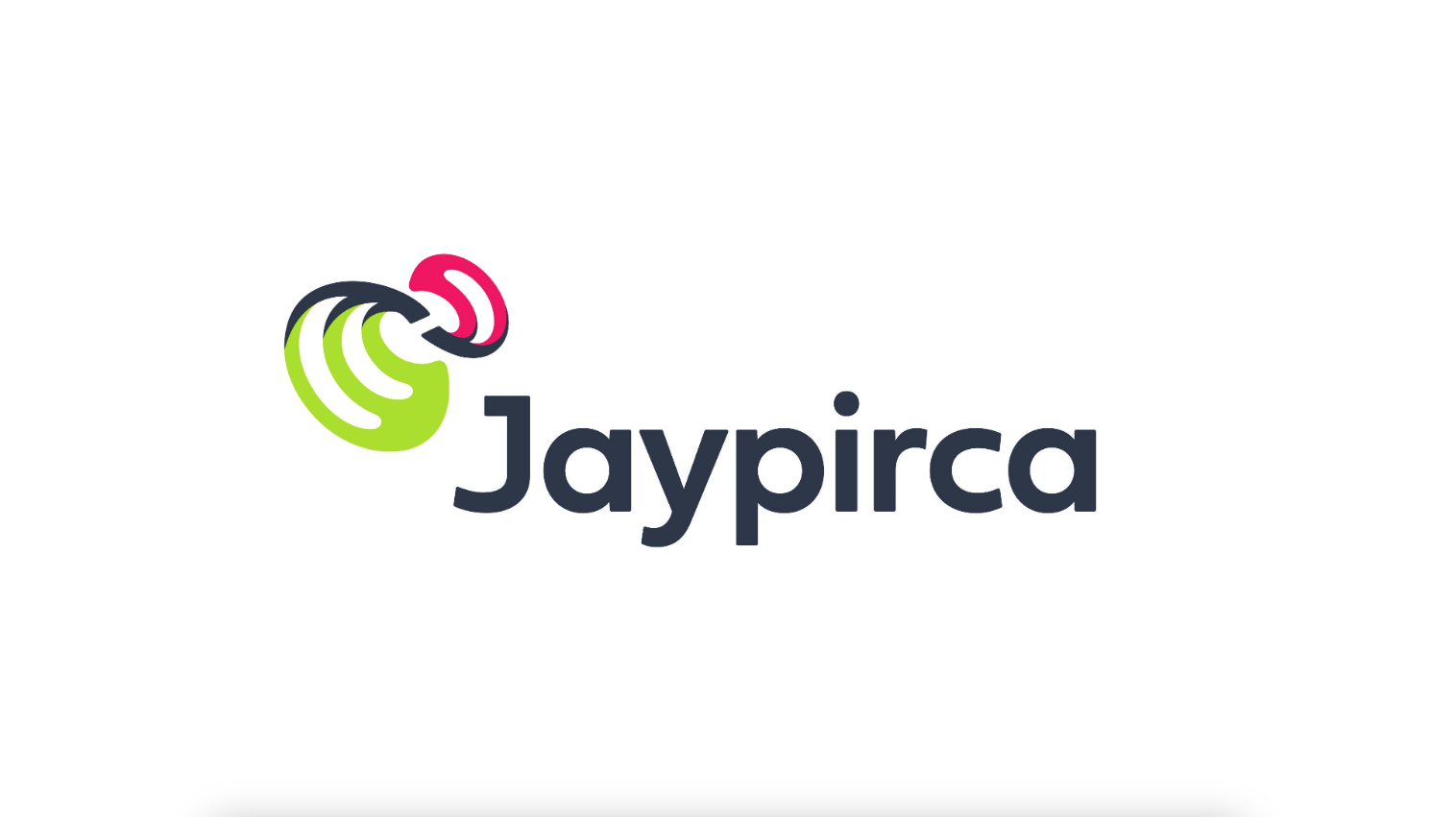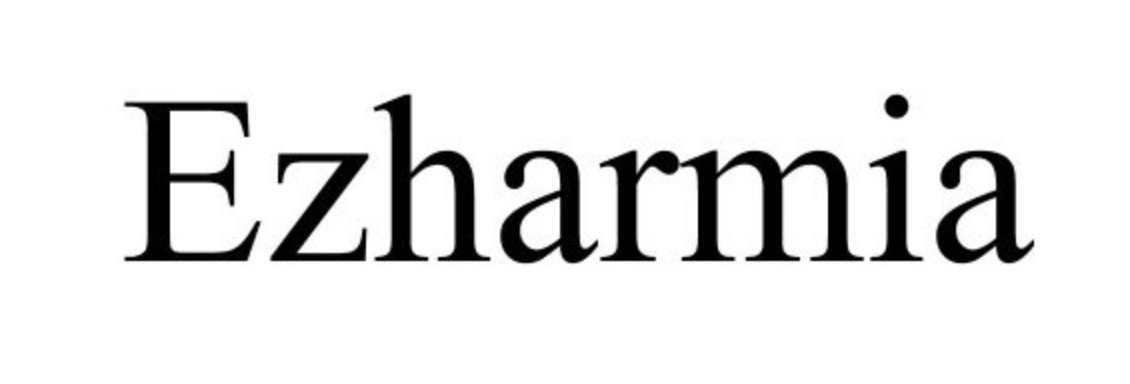Jaypirca (pirtobrutinib) vs Ezharmia (valemetostat tosilate)
Jaypirca (pirtobrutinib) vs Ezharmia (valemetostat tosilate)
Jaypirca (pirtobrutinib) is a non-covalent Bruton tyrosine kinase (BTK) inhibitor used for treating conditions like chronic lymphocytic leukemia (CLL) and mantle cell lymphoma (MCL), particularly in patients who have received previous treatments. Ezharmia (valemetostat tosilate), on the other hand, is a dual inhibitor of EZH1 and EZH2, which are enzymes involved in gene expression, and is being investigated for the treatment of hematological malignancies such as adult T-cell leukemia/lymphoma (ATL). When deciding between these medications, it is crucial to consider the specific type of cancer being treated, the patient's previous treatment history, and the drug's mechanism of action, as the efficacy and safety profiles of these drugs differ based on these factors.
Difference between Jaypirca and Ezharmia
| Metric | Jaypirca (pirtobrutinib) | Ezharmia (valemetostat tosilate) |
|---|---|---|
| Generic name | Pirtobrutinib | Valemetostat tosilate |
| Indications | Treatment of B-cell malignancies | Treatment of adult patients with relapsed or refractory peripheral T-cell lymphoma |
| Mechanism of action | Bruton's tyrosine kinase inhibitor | Enhancer of zeste homolog 2 (EZH2) inhibitor and a DOT1-like histone lysine methyltransferase (DOT1L) inhibitor |
| Brand names | Jaypirca | Ezharmia |
| Administrative route | Oral | Oral |
| Side effects | Diarrhea, fatigue, muscle and joint pain, rash | Thrombocytopenia, neutropenia, anemia, appetite loss |
| Contraindications | None well established | None well established |
| Drug class | Bruton's tyrosine kinase inhibitor | Dual EZH2 and DOT1L inhibitor |
| Manufacturer | Eli Lilly and Company | Daiichi Sankyo |
Efficacy
Jaypirca (Pirtobrutinib) and Its Efficacy in Treating Lymphoma
Jaypirca, also known by its generic name pirtobrutinib, is a novel medication that has shown promise in the treatment of lymphoma, particularly in patients who have relapsed or are refractory to other treatments. As a non-covalent Bruton's tyrosine kinase (BTK) inhibitor, Jaypirca has a unique mechanism of action that allows it to bind reversibly to BTK, leading to inhibition of B-cell receptor signaling. This is particularly relevant in B-cell malignancies such as certain types of lymphomas. Clinical trials have demonstrated that Jaypirca can elicit responses in patients who have previously been treated with other BTK inhibitors, suggesting its potential as an effective treatment option for those with limited alternatives.
Studies have reported that patients with mantle cell lymphoma (MCL) and other B-cell lymphomas have benefited from Jaypirca treatment. The efficacy of Jaypirca in these studies is measured by the overall response rate (ORR), which includes complete and partial responses to the therapy. The ORR observed in clinical trials has been encouraging, indicating that a significant proportion of patients respond to the drug. However, it is important to note that the long-term efficacy and survival outcomes are still under investigation, and further research is necessary to fully understand the benefits and risks associated with Jaypirca in the treatment of lymphoma.
Ezharmia (Valemetostat Tosilate) and Its Efficacy in Treating Lymphoma
Ezharmia, with its active ingredient valemetostat tosilate, is another emerging treatment option for patients with lymphoma. Valemetostat tosilate is a dual inhibitor of EZH1 and EZH2, which are histone methyltransferases that play a critical role in the epigenetic regulation of gene expression. By targeting these enzymes, Ezharmia can modify the epigenetic landscape of cancer cells, potentially leading to the suppression of tumor growth and proliferation. The drug has shown activity in preclinical models of lymphoma, and early clinical trials are evaluating its efficacy in patients with relapsed or refractory disease.
The clinical development of Ezharmia is ongoing, and data from these studies are eagerly awaited to determine its potential role in the treatment landscape of lymphoma. Preliminary results have suggested that Ezharmia may have a favorable safety profile and demonstrate antitumor activity in patients with certain subtypes of non-Hodgkin lymphoma (NHL), including those with T-cell lymphomas. As with Jaypirca, the definitive impact of Ezharmia on long-term outcomes such as progression-free survival and overall survival in lymphoma patients remains to be established through comprehensive clinical trials.
Regulatory Agency Approvals
Jaypirca
-
Food and Drug Administration (FDA), USA

Ezharmia
-
Pharmaceuticals and Medical Devices Agency (PMDA), Japan

Access Jaypirca or Ezharmia today
If Jaypirca or Ezharmia are not approved or available in your country (e.g. due to supply issues), you can access them via Everyone.org.
How it works

Make an enquiry
Choose the medicine you want to buy, answer a couple of questions, and upload your prescription to speed things up. We’ll get back to you within 24 hours.


Make an enquiry
Choose the medicine you want to buy, answer a couple of questions, and upload your prescription to speed things up. We’ll get back to you within 24 hours.


Breeze through the paperwork
We'll guide you through the required documents for importing unapproved medicine, ensuring you have all the necessary information.


Get a personalized quote
We’ll prepare a quote for you, including medicine costs and any shipping, administrative, or import fees that may apply.


Receive your medicine
Accept the quote and we’ll handle the rest - sourcing and safely delivering your medicine.

Some text on this page has been automatically generated. Speak to your physician before you start a new treatment or medication.
Let's talk
If you have any questions, call us or send us a message through WhatsApp or email:
Contact us




